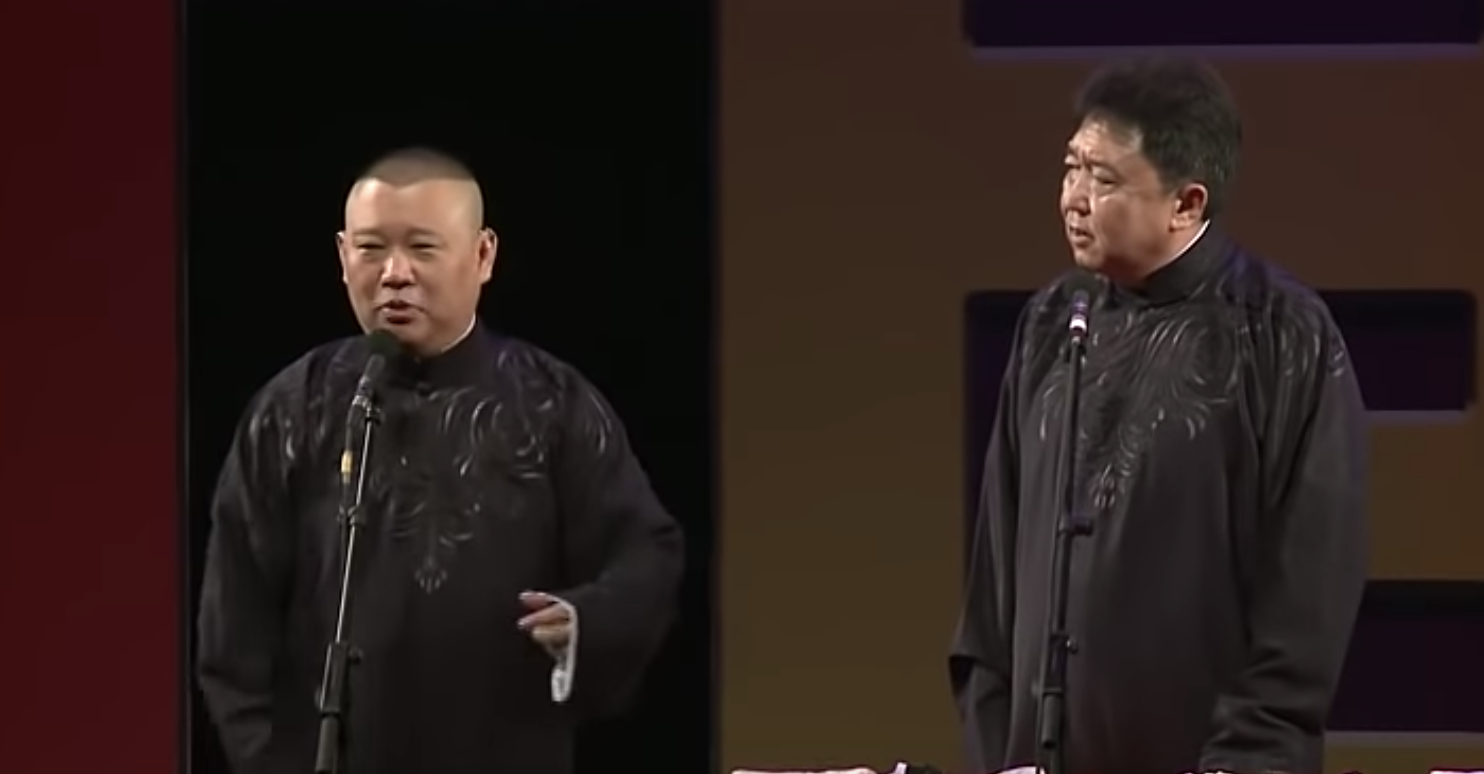 Photo credit: Tencent
Photo credit: Tencent
Can you think of some American pop culture products that have made their way into China? Hollywood movies, McDonald’s, Hip Hop, “Friends” – the list goes on and on. Now, stand-up comedy is the latest addition.
This summer, Tencent Video released its new stand-up comedy competition series, “Rock & Roast” (脱口秀大会 tuō kŏu xiù dà huì). It soon became one of the hottest reality TV shows in China.
In each weekly episode, seven contestants perform their own 10-minute stand-up routines. Afterwards, they are ranked by the celebrity judges and the audience in the theater. The comedians with the most cumulative votes from the whole season entered the final round last Sunday, September 15, to become the ultimate champion.
Unlike other Chinese comedy shows, most stand-up performers at “Rock & Roast” are not celebrity actors, but amateurs. The contestants come from all walks of life, including a former housewife, a showbiz writer, a woman factory worker and a tech executive.
 Factory worker Zhao Xiaohui (“Rock & Roast” Episode 5)
Factory worker Zhao Xiaohui (“Rock & Roast” Episode 5)
Credit: YouTube
Despite their differences, all performers use comedy to address social issues in China. In one episode, factory worker Zhao Xiaohui satirizes the glamorous female professionals portrayed on the big screen. She humorously contrasts it with the reality she experiences: most working women face discrimination, terrible work-life balance, classism and social apathy. Other contestants also use jokes to protest the social pressure put on women to have boyfriends. Funny, relatable and brutally honest, “Rock & Roast” instantly earned tens of millions of views.
Prior to shows like “Rock & Roast,” most live comedy in China existed in traditional styles, such as xiàng shēng 相声 (a dialogue between two performers) and xiăo pĭn 小品 (sketch comedy). Stand-up comedy is a rather novel cultural import from abroad.
 Famous crosstalk (xiàng shēng) comedians Guo Degang and Yu Qian at their crosstalk skit “Stealing an Axe”
Famous crosstalk (xiàng shēng) comedians Guo Degang and Yu Qian at their crosstalk skit “Stealing an Axe”
Credit: YouTube
In recent years, comedy shows have flourished in Chinese pop culture. But most experiments either failed or couldn’t sustain popularity. For example, “Roast” (吐槽大会 tǔ cáo dà huì) – the Chinese version of Comedy Central Roast – triggered a sensational 100 million views in its first week following release. However, its many R-rated jokes quickly led to pressure from the government on the comedians. Unfortunately, the audience soon lost interest in the subsequent more toned-down episodes.
Let’s hope that the new show “Rock & Roast” can continue to live up to its hype! If you’re interested in Chinese youth culture or want to learn colloquial Chinese, go check out the show on Tencent Video or YouTube!
[zombify_post]


0 Comments